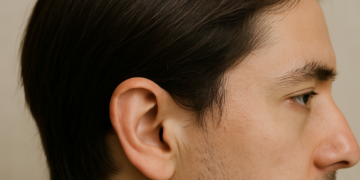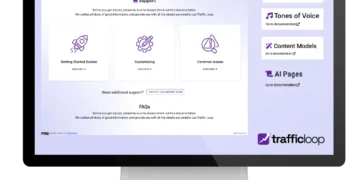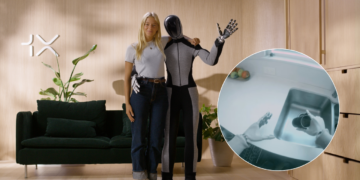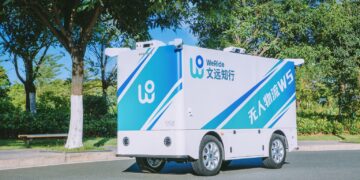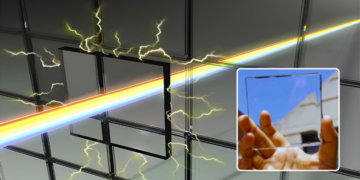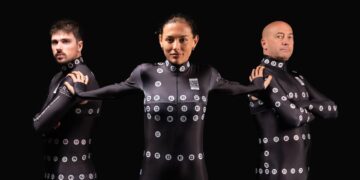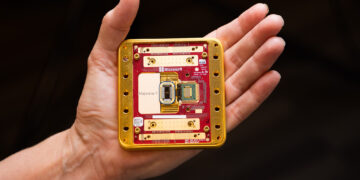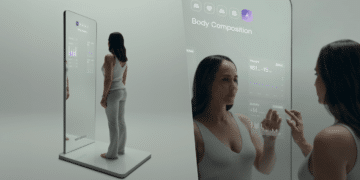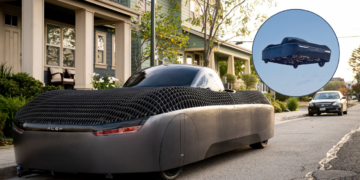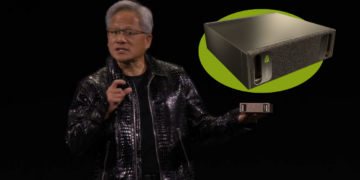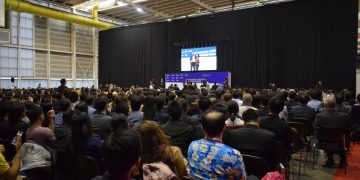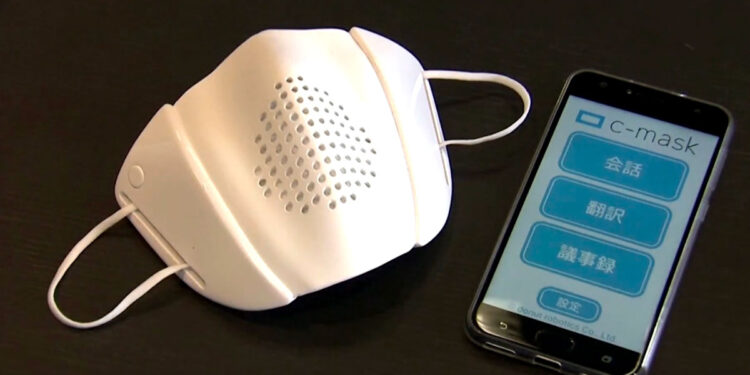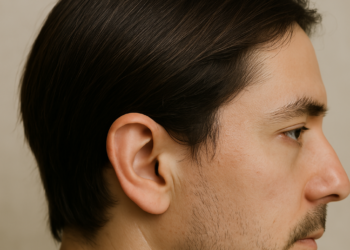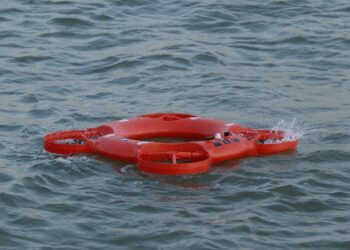A Japanese startup has developed a smart mask that connects to the smartphone’s Bluetooth and instantly translates words spoken in 9 different languages.
Even the mask becomes smart. After the economic boom and “popularity” caused by the Coronavirus emergency, many projects dedicated to Personal Protection Devices have sprung up around the world. One of the most innovative and interesting comes from Japan. Donut Robotics – a Japanese startup specialized in robotics – has designed and developed C-Face, an intelligent mask that, in addition to protecting, facilitates communication. In what way? By simultaneously translating the words spoken by the wearer. The mask is equipped with an electronic core that connects via Bluetooth to the smartphone. In this way, C-Face allows you to make calls, amplify your voice, transcribe the words spoken and translate them into nine different languages: Japanese, Chinese, English, French, Indonesian, Korean, Spanish, Thai and Vietnamese.
You might also be interested in —> Use: an “anti-Coronavirus” ring for NBA players
The smart mask that translates into 8 different languages
On the official website, the inventors explain that C-FACE is the first intelligent protection device “that works with smartphones and was developed by applying robot technology. We have redefined the concept of “mask” that has long protected human health with the latest technology. It transmits the speaker’s voice to the smartphone, converts it into letters, translates it into 8 languages and creates digital contents. Of course, our device can also give remote instructions. We hope it will be useful in a society where people live separate from each other. Currently we only use sounds and characters, but in the future we will also extend to image systems (AR, VR). This is a new communication device designed for a rapidly changing online and digital world”. The first smart masks are expected to hit the market in September with a price not less than $40. Only in Japan, however: to see them (perhaps) also in Italy and the rest of the world we will have to wait until 2021.
Could you also be interested in —> An alternative to masks? From Berlin comes iSphere


